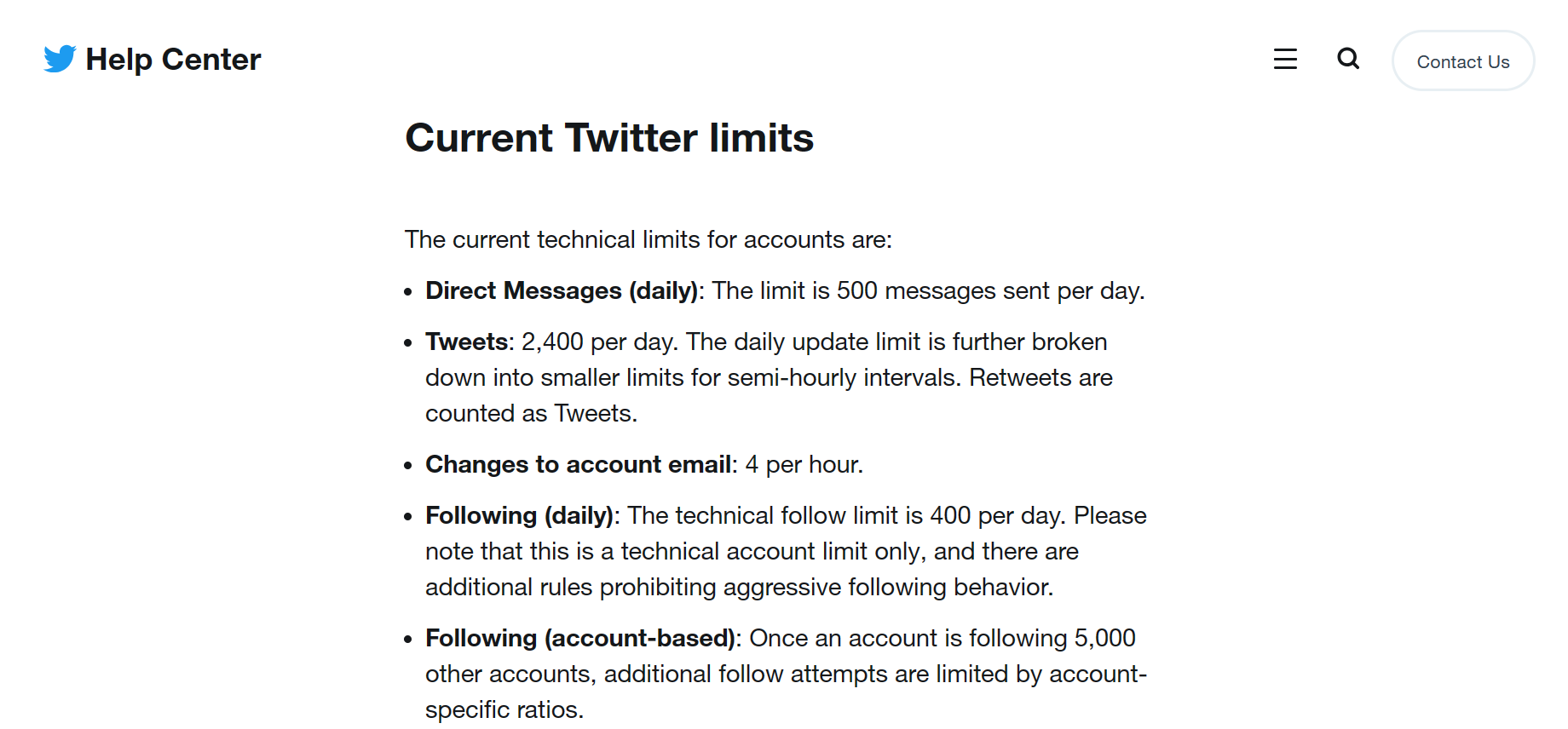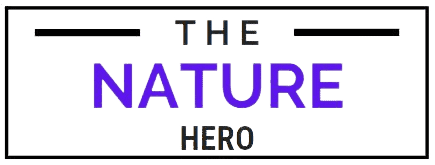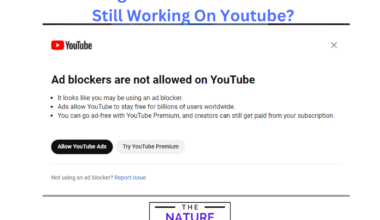Twitter is one of the world’s most popular social media platforms, with millions of users tweeting daily.
However, sometimes you may encounter a problem when you try to tweet or view tweets: the Twitter rate limit.
Let’s continue reading to discover if Twitter has removed its limit rate.
Table of Contents Show
What Is The Twitter Rate Limit?
The Twitter rate limit is the cap on how many requests you can send to the Twitter API or website within a specific time frame.
These limits help Twitter ensure a stable and scalable service for its users and developers.
However, the rate limit varies depending on the endpoint or action you are using and the authentication method you are applying.
For example, if you use OAuth 2.0 Bearer Token, you will have one limit per period for your app’s requests.
However, if you use OAuth 1.0a User Context, you will have one limit per period for each user’s Access Tokens.
Additionally, you can check the specific rate limits for each endpoint or action on the Twitter Developer Platform documentation or the Twitter Help page.

Is The Twitter Rate Limit Removed?
Twitter has not removed its rate limit. However, there was a recent news where there’s a limit to viewing a set number of posts for Twitter users.
Verified users could see 6,000 tweets daily, while unverified users got just 600.
Unverified new accounts can view just 300 posts per day.
Consequently, this addresses extreme levels of data scraping and system manipulation.
Elon Musk announced on July 1, 2023, that users would be limited to viewing a set number of posts.
However, he later increased the limits to 10,000 for verified and 1,000 for unverified users.
Additionally, the limits remove spam and bots from the platform.
Benefits Of The Twitter Rate Limit Removal
Some people wonder what good things would happen if Twitter let them tweet more often.
Here are some of the potential benefits of removing the Twitter rate limits:
1. Freedom And Convenience For Users
Users can view as many posts as they want without worrying about hitting their limit or paying for a subscription.
Moreover, they can interact with other users and join conversations without restrictions and limitations.
2. Engagement And Reach For Content Creators
Content creators could reach more audiences and increase their engagement with their followers.
They can post more frequently and consistently without being limited by the number of daily tweets they can send.
3. Data And Insights
Researchers and analysts can access more data and insights from Twitter without any restrictions on the number of requests to the API.
Additionally, they can squeeze more data from the platform without Twitter blocking or banning it.
4. Innovation And Competition
Developers and businesses can create more innovative and competitive products and services using Twitter data and features without being limited by the rate limits.
They will also be able to offer more value and functionality to their customers and users.
Challenges Of The Twitter Rate Limit Removal
Twitter may have valid reasons for charging these limits, such as preventing abuse, ensuring reliability, and protecting privacy.
Therefore, it is unlikely that Twitter will remove the rate limits anytime soon unless there is a significant change in its leadership, strategy, or circumstances.
Some of the risks of removing Twitter rate limits are:
1. Abuse And Spam
Removing the rate limits could make it easier for malicious actors to abuse the platform and spam other users with unwanted or harmful content.
For example, they can send mass direct messages, create fake accounts, post misleading or false information, or launch denial-of-service attacks.
Contrarily, this degrades the platform’s quality and credibility and harms its users’ reputation and safety.
2. Instability And Inefficiency
Removing the rate limits affects the platform’s and its services’ performance and reliability.
For example, it overloads the servers, increases bandwidth costs, reduces response time, or causes errors or crashes.
However, this frustrates the users and developers who rely on Twitter for communication and information.
3. Legal And Ethical Issues
Removing the rate limits raises legal and ethical concerns for Twitter and its users.
For example, it can violate the terms of service or privacy policies of third-party providers, such as Google Cloud.
Additionally, it can expose Twitter to more lawsuits or regulatory actions from governments or other entities.
Further, it can compromise the privacy or security of the users’ data or personal information.
The Bottom Line
Twitter rate limits are complex and controversial topics with different implications for users and stakeholders.
Moreover, it is not removed to address extreme levels of data scraping & system manipulation by AI companies and other bad actors.
Removing the rate limits may appeal to some users who want more freedom and convenience.


